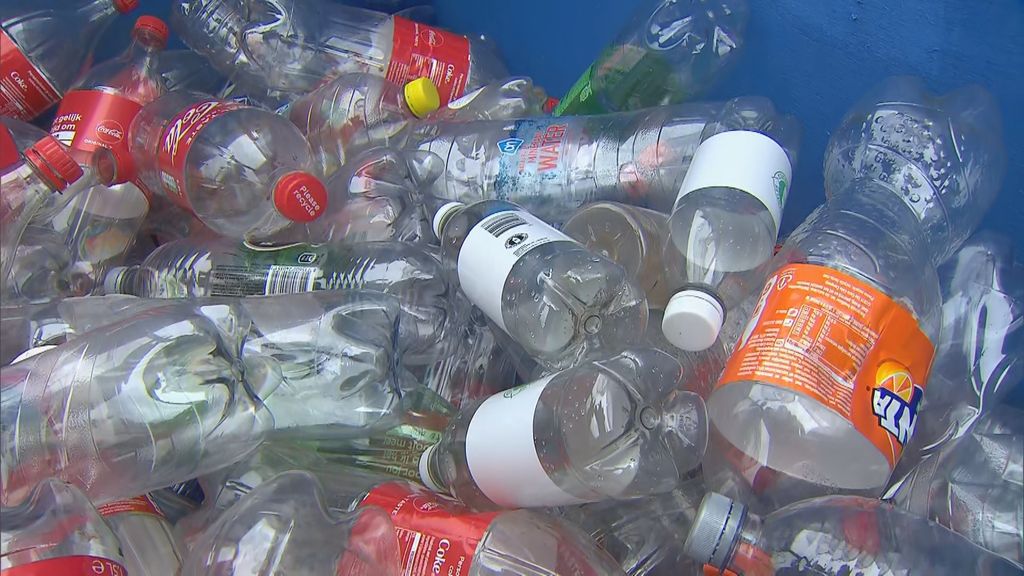
This article was last updated on April 16, 2024
Canada: ![]() Oye! Times readers Get FREE $30 to spend on Amazon, Walmart…
Oye! Times readers Get FREE $30 to spend on Amazon, Walmart…
USA: ![]() Oye! Times readers Get FREE $30 to spend on Amazon, Walmart…
Oye! Times readers Get FREE $30 to spend on Amazon, Walmart…
Table of Contents
The Exigency for Plastic Collection By the Packaging Industry
The packaging industry is grappling with escalating demand for effective solutions centered around a robust plastic collection mechanism. Drink manufacturers may need to double the deposit fee on plastic bottles starting from the following year, as revealed in a confidential communication initiated by the Human Environment and Transport Inspectorate (ILT). The communique sent to the organization responsible for collection and recycling was privy to the FD.
ILT Prods Packaging Industry towards Effective Measures
As per directives issued in December, the ILT has ordered the packaging industry to promptly contrive actionable plans that ensure the effective collection of plastic bottles with a deposit. The Packaging Waste Fund has presently been presented with several viable options by the ILT, among which one includes raising the deposit fee to 50 cents from July 1 next year.
The Effect on Plastic Bottles
For large bottles, this would lead to a doubling of the current deposit fee, while for smaller bottles, it would engender more than tripling of the deposit amount. The deposit fee for cans, however, remains the same. The Waste Fund has until the end of this week to devise unique alternatives, as per the ILT’s directives as conveyed to the NOS. In response to the leaked letter, a representative from the ILT refused to provide a substantial comment, stating that the ILT would first reflect on the views presented by the Waste Fund.
Implementation of New Logos
To combat the issue of waste management, beverage producers and supermarkets have decided to delegate the collection and recycling tasks to the Verpact foundation. They have been mandated by the ILT to interchange the deposit logos and labels on beverages, instate additional deposit machines time effectively and promote the introduction of deposits on juice and dairy bottles as soon as possible.
Penalties for Non-compliance
Failure to implement these measures as indicated may lead to the imposition of penalty payments which could potentially exceed 250 million euros. The business fraternity is bound by legal obligations to collect 90 percent of all bottles sold. However, over the years, this percentage has barely crossed the 70 percent mark. One of the frequently reiterated complaints has been the insufficiency of collection centers.

Be the first to comment